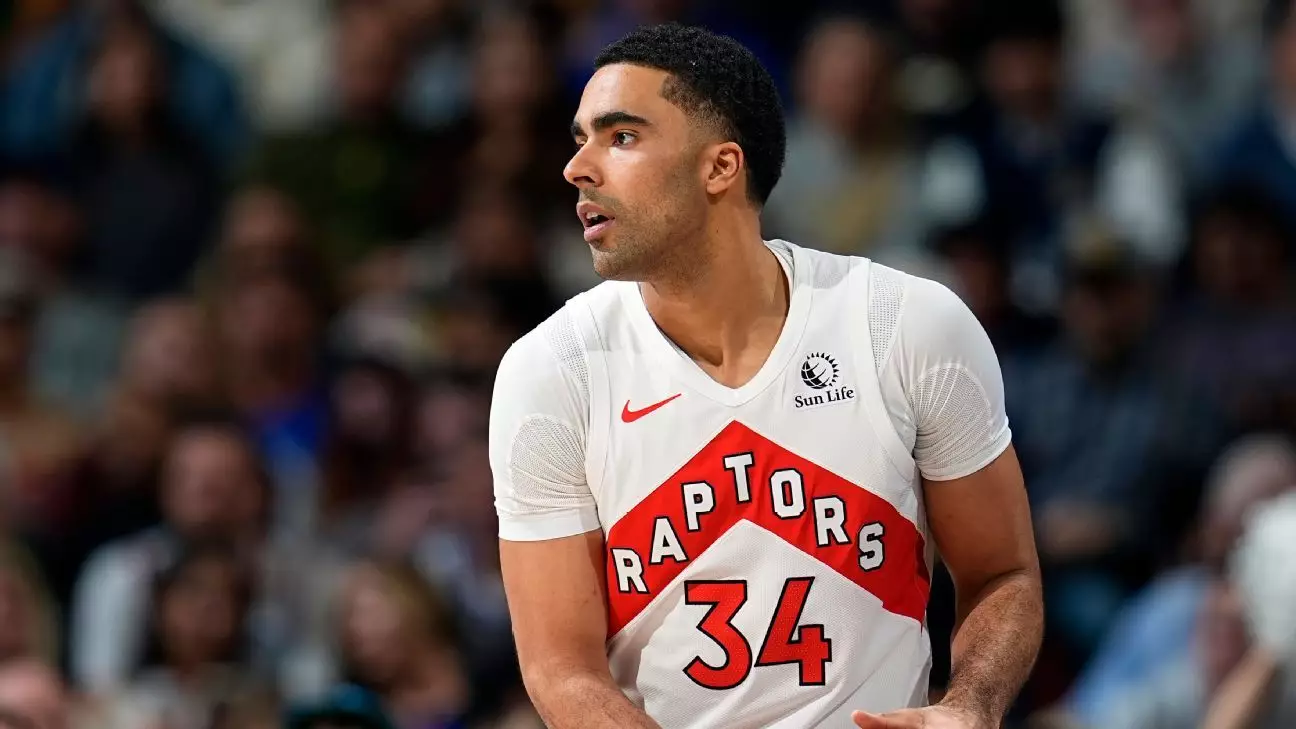In recent years, the intersection of professional sports and gambling has become a double-edged sword. On one side, legalized betting has expanded fan engagement and created lucrative revenue streams; on the other, it has introduced unprecedented risks to the integrity of competitions. As leagues grapple with this dilemma, recent investigations involving NBA players have cast a spotlight on the potential vulnerabilities that betting can expose. The situation calls for decisive action rooted in responsibility and ethical standards, emphasizing protecting not just the game but also the well-being of players and fans alike.
The NBA’s Response: Balancing Regulation and Fan Engagement
The NBA’s stance towards the recent federal gambling probe underscores a growing awareness of the need for tighter controls. The league’s official support for imposing restrictions on specific prop bets reflects a proactive approach aimed at curbing manipulative practices. Their position recognizes that while fans should still enjoy legal, regulated betting, certain betting types—particularly those that are easily manipulated—pose undue risks. By advocating for sensible limitations, the league seeks to uphold its core value: preserving the integrity and fairness of the game. This move signifies an acknowledgment that unregulated or overly accessible betting options can inadvertently compromise the sport’s credibility, demanding more responsible oversight.
The Case of Jontay Porter and the Broader Implications
The case of Jontay Porter exemplifies the real dangers lurking beneath the surface of gambling’s integration into professional sports. Porter’s manipulation, leading to his suspension and subsequent legal consequences, reveals how vulnerable players can be to external influences—especially when financial or betting pressures are involved. Yet, it’s critical to recognize that Porter appears to be an anomaly in a landscape that remains relatively uncorrupted. Nonetheless, these incidents ignite a necessary debate: are current regulations sufficient, or do they merely react to embroiled individuals? The league’s reaction—restricting bets on certain players and specific conditions—serves as a preliminary safeguard, but the broader systemic challenge persists: how do leagues ensure that betting remains a form of entertainment rather than a conduit for corruption?
Protecting Players from Targeted Harassment and Coercion
Beyond manipulating game outcomes for profit, athletes face a disturbing surge in harassment fueled by the proliferation of prop bets. Disgruntled bettors, emboldened by online anonymity and the pervasive nature of digital platforms, have targeted players both online and offline. This harassment adds emotional and psychological burdens, threatening players’ safety and well-being. The NBA Players Association’s cautious acknowledgment of these issues reveals a broader understanding: safeguarding integrity involves protecting players from exploitation and abuse. Tighter regulations could serve as a shield, reducing the risk of online intimidation, personal threats, and coercion, thus creating a safer environment for athletes to compete without fear.
State Interventions: Microbets and Their Discontents
The regulatory landscape is evolving unevenly across states, highlighting the contentious nature of betting restrictions. Ohio and New Jersey, two states leading the charge, have moved to ban micro-bets—those ultra-specific wagers on particular plays or outcomes within a game. Though well-intentioned, these measures provoke debate about whether such restrictions hinder fan engagement or diminish the excitement of sports betting. Critics like Assemblyman Dan Hutchinson argue that micro-bets may overreach, potentially stifling a segment of betting that appeals to casual fans. However, the core issue remains: microbets may be exploited to facilitate manipulative schemes or erode the boundaries that keep betting transparent and fair.
The Path Forward: Prioritizing Integrity Without Alienating Fans
For leagues, the key challenge lies in crafting regulations that strike a delicate balance—safeguarding the sport’s integrity without alienating the fans who enjoy betting as part of their experience. Reasonable restrictions on prop bets, coupled with stringent monitoring and enforcement, could serve as effective measures. These policies must be rooted in transparency, fairness, and a commitment to eliminating vulnerabilities exploited by malicious actors. Importantly, ongoing dialogue with all stakeholders—players, regulators, fans, and sportsbooks—is crucial to developing adaptive frameworks that evolve with the landscape of sports betting.
A Call for Responsible Stewardship
As professional sports navigate this complex terrain, a clear message emerges: integrity must be prioritized above short-term gains. The league’s role transcends entertainment; it includes safeguarding the fairness of competition, protecting athlete welfare, and maintaining public trust. Leagues have an ethical obligation to implement rules that deter manipulation and abuse, ensuring that sports remain a genuine showcase of talent and perseverance. Ultimately, fostering a culture of responsibility—both among players and fans—will determine whether sports gaming becomes a tool for greater engagement or a threat to the noble pursuit of athletic excellence.

